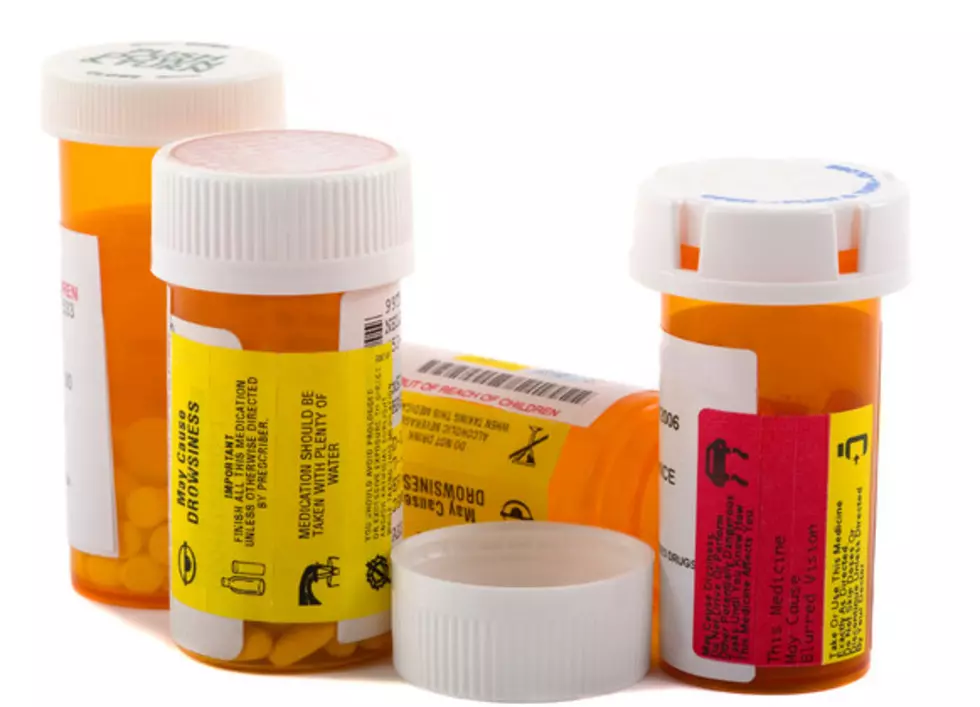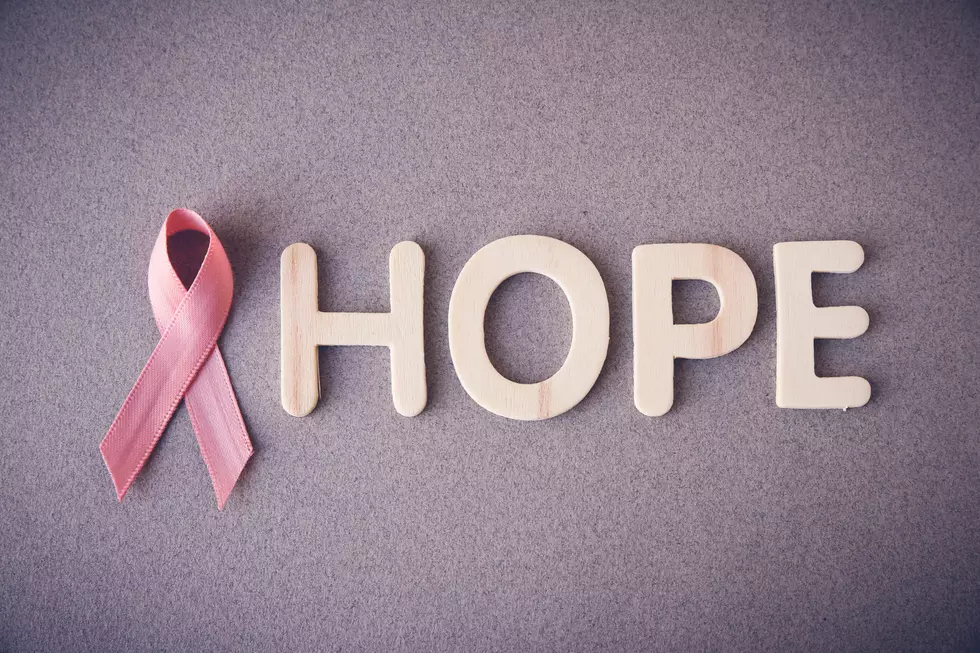
How well can cancer patients in New Jersey manage their pain?
A new report that looks at whether cancer patients have appropriate access to pain relief gives New Jersey a grade of “B.”
Achieving Balance in State Pain Policy: A Progress Report ranked 29 states ahead of Jersey, with either a grade of “A” or “B+.”
The report was prepared by the University of Wisconsin Pain & Policy Studies Group and funded by The American Cancer Society Cancer Action Network.
According to David Woodmansee, the associate director of State and Local Campaigns for the American Cancer Society Cancer Action Network, the report was prepared considering eight positive and eight negative policy provisions for every state in the nation.
The positive provisions, focusing on policy language with the potential to enhance pain management include:
1. Controlled substances are recognized as necessary for the public health
2. Pain management is recognized as part of general healthcare practice
3. Medical use of opioids is recognized as legitimate professional practice
4. Pain management is encouraged
5. Practitioners’ concerns about regulatory scrutiny are addressed
6. Prescription amount alone is recognized as insufficient to determine the legitimacy of prescribing
7. Physical dependence or analgesic tolerance are not confused with “addiction”
8. Other provisions that may enhance pain management
The negative provisions, focusing on policy language with the potential to impede pain management include:
1. Opioids are relegated as only a treatment of last resort
2. Medical use of opioids is implied to be outside legitimate professional practice
3. Physical dependence or analgesic tolerance are confused with “addiction”
4. Medical decisions are restricted
5. Length of prescription validity is restricted
6. Practitioners are subject to additional prescription requirements
7. Other provisions that may impede pain management
8. Provisions that are ambiguous
He said the reason why New Jersey gets a B, and not a higher grade, is because language on the books that could cause confusion, could be changed.
"The Controlled Substance Act is pretty outdated, and some of the wisdom on opiod prescribing and addiction and tolerance, some of the definitions have changed and need to be modernized,” he said. “And there’s a specific regulation, in this case it’s the Medical Board regulation in the state of New Jersey, that’s in conflict with the Medical Practice Act, which is the law in place, they seem to be in conflict with each other.”
He said this could cause confusion.
“The thing that causes the most difficulty for people being able to get pain meds is when medical professionals are confused about what the rules of engagement are, what the playing field is with regard to prescribing opiods,” he said. “But there does not seem to be a problem with most cancer patients in New Jersey getting access to the meds they need. There seems to be a fairly balanced environment in New Jersey.”
Woodmansee stressed New Jersey “has an outstanding medical board that keeps prescribers and medical professionals up to date and current with what’s going on, and that minimizes any problems that could develop.”
He said the issue is important because “we do know that opiods are the only thing that help some people, some cancer patients, so that’s why we strive to make sure that they are available to those patients that absolutely need the opiods. We really encourage patients to sit down with their doctors and discuss all avenues of pain relief.
More from New Jeresy 101.5:
More From New Jersey 101.5 FM









